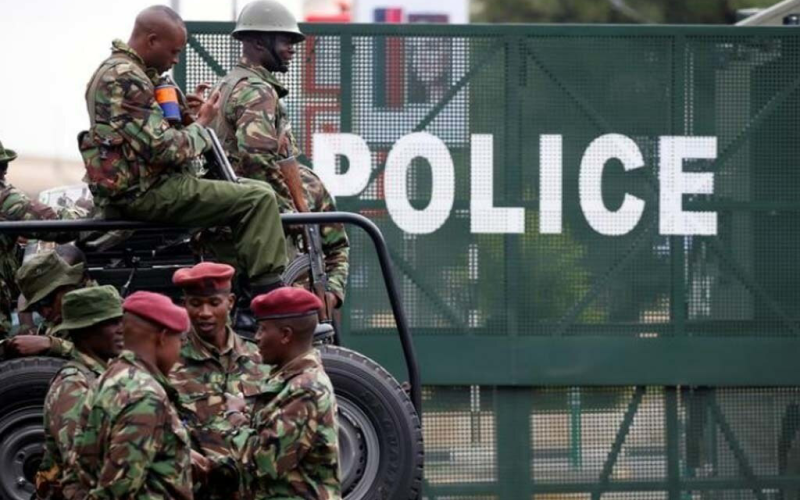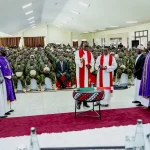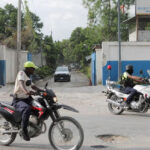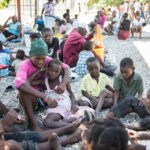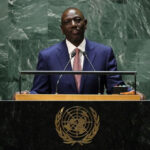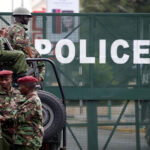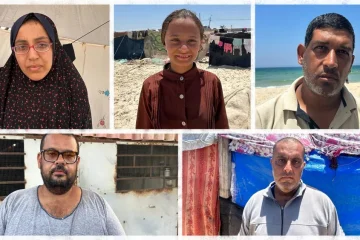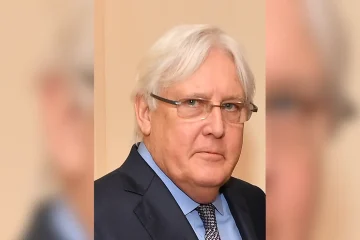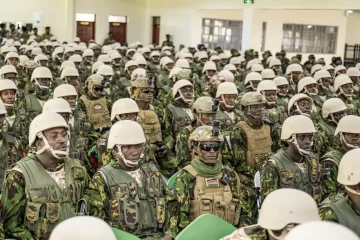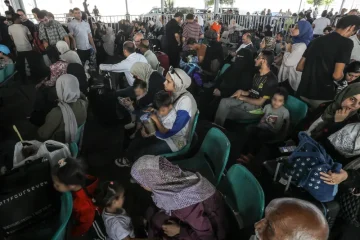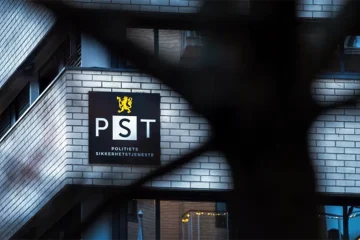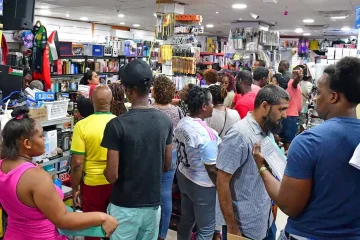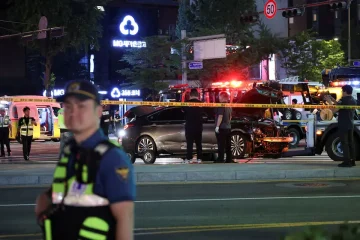A first contingent of 400 Kenyan police officers has left for Haiti to kick off a UN-approved mission aimed at reining in rampant gang violence in the Caribbean nation.
Led by three senior police officials, including the deputy inspector general, the full Kenyan deployment is expected to reach 1,000 personnel but is also expected to be part of a larger multinational effort, which is mostly being bankrolled by the United States.
“I commend – and am deeply grateful to – all the countries that have pledged personnel and financial support to this mission that will grow to 2,500 multinational personnel, led by Kenya and including Benin, Jamaica, The Bahamas, Belize, Barbados, Antigua and Barbuda, Bangladesh, Algeria, Canada, France, Germany, Trinidad and Tobago, Turkey, the United Kingdom, and Spain,” read a statement from US President Joe Biden.
“For our part, the United States is this mission’s largest financial contributor, providing over $300 million and up to $60 million in equipment. And we will continue our diplomatic outreach to encourage more countries to join this effort, because what happens in Haiti matters to its neighbours, the region, and the world.”
The mission, which was approved by the UN Security Council in October 2023, is mandated to
train Haiti’s local police, help in planning and conducting joint security operations, secure critical infrastructure sites, and facilitate the inflow of vital humanitarian aid.
Kenya’s President William Ruto had to navigate a series of domestic legal challenges that delayed the deployment – originally scheduled for January 2024 – and it is now transpiring against the backdrop of deadly protests over tax hikes reforms in the Kenyan capital, Nairobi.
Several other factors also delayed the deployment, including a lack of funding and a political vacuum in Haiti. A transitional presidential council was installed in April to pave a way forward towards new elections after years of political turmoil and gang unrest. This intensified after President Jovenel Moïse was assassinated in July 2021.
Last week, the US State Department released $109 million in funds to get the mission up and running, but questions remain over how exactly it will operate, how long it will last, and what the gangs’ response will be.
In the first three months of 2024 alone, gang violence killed or injured more than 2,500 people across the country and forced at least 95,000 people to flee the capital, Port-au-Prince, where most areas are outside any government control.
The violence has also exacerbated the humanitarian crisis in Haiti, where about half the population of 11.5 million faces acute hunger and where the ability of international aid agencies to help is severely restricted by the security situation.

